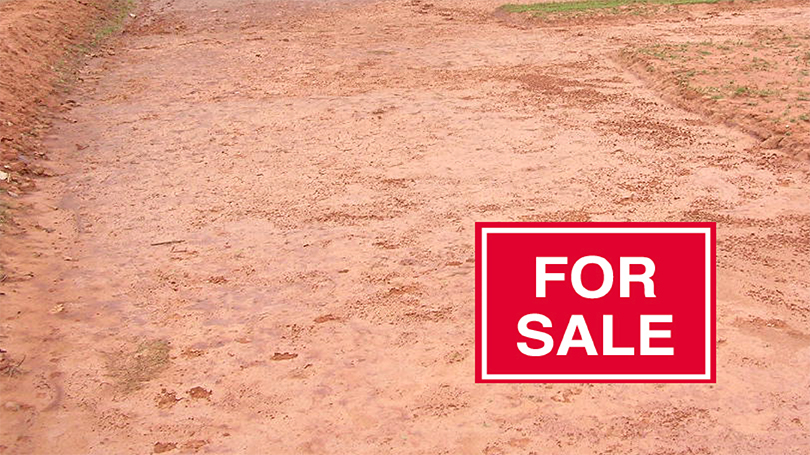- In Ghana, lands are owned by families or clans, stools/skins or the state. Family lands constitute about 80% of all lands in Ghana and the remaining 20% are for the state (Michael Appiah, Lands Disputes Resolution Ghana – The role of Customary Land Secretariats (CLS). Case of Gbawe Customary Land Secretariat, 2011). There are vested lands which are owned by both the state and customary authorities.
- Lands can be acquired from any of the above through a lease. A lease is a contract between a lessor or a seller and a lessee or a buyer that allows the buyer rights to the use of a property for a period of time. The lease describes the property or the parcel of land, in terms of its exact location. It also states the period or the terms within which the buyer can hold the land.
- Before purchasing a land, an individual is required to work with the planning authorities to know the actual land use and the district the land falls. It is also important to work with the Lands Commission to know the proper zone of the land. For instance, if a particular land is mapped out for a road or a school or a park.
- Also, check the identity card of the person selling the land to you before making any payments. Ensure you acquire lands from only trusted individuals. Ignore persons who insist you pay money to them before you conclude your search on the ownership of the land.
- When an individual acquires the site plan and all other necessary documents for a parcel of land, he/she must head to the Lands Commission where one can acquire information about the ownership of the land from the Commission. The Lands Commission is the only agency mandated by law to register and keep records on lands in Ghana. They are able to reveal all encumbrances on all lands in Ghana.
Have you purchased a parcel of land here in Ghana? Share your experiences with us.








